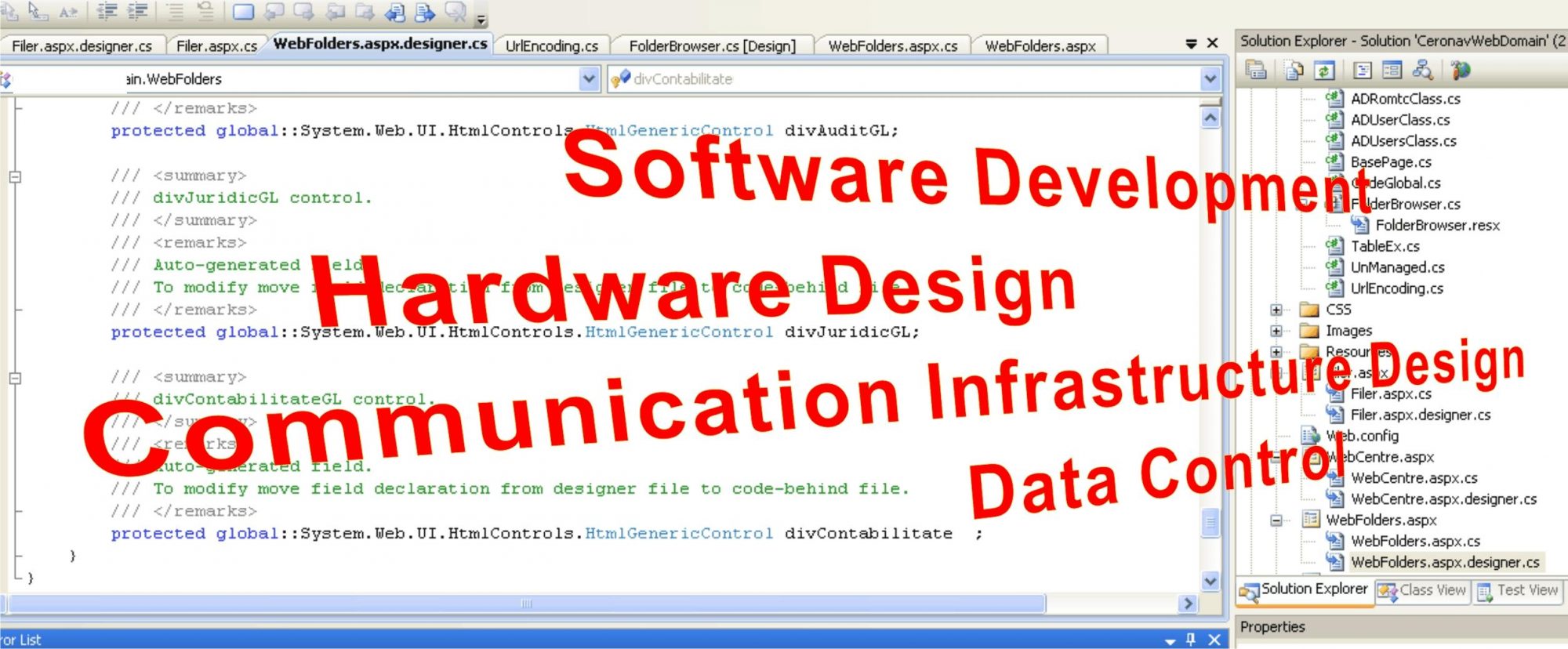D. Ohio 1998))

Plaintiff alleges that the statements of default and the amount of the debt in the notice of default, the Notice of Acceleration, and Notice of Foreclosure Sale were misrepresentations in light of the alleged cancellation of debt represented by the Form 1099-Cs. (Compl., 26.) However, because a Form 1099-C neither operates to discharge a debt nor is an admission that the debt is cancelled, Plaintiff has failed to state how such statements were false[.] Humana, 133 F.Supp.3d at 1076. Honest v. Dana Corp., 547 F.3d 564, 570 (6th Cir. 2008) (quoting Gupta v. Terra Nitrogen Corp., 10 F.Supp.2d 879, 883 (N.
Particularly, Plaintiff’s con says rely upon a misguided presumption the Setting 1099- Cs in reality cancelled element of their particular financial obligation. (Compl., twenty-six.) Whatsoever, Plaintiff alleges one Swinging Defendants incorrectly depicted in the notices from default, velocity, as well as property foreclosure sale you to Plaintiff was a student in standard and you can owed an expidited loans out-of $399, Pursuing the defendants said towards Irs you to definitely everything $291,000 of [this new altered mortgage balance out of $325,] was cancelled[.] (Compl., 9, twenty six.) Since these so-called misrepresentations regarding the observes from default, speed, as well as property foreclosure product sales occurred adopting the initially 1099-C, Plaintiff states one to [t]right here is surely one to Defendants realized that representations built in new foreclosures observes have been not the case[.] (Compl., 26.)
However, a Form 1099-C is an informational filing that neither cancels the debt nor is an admission that the debt has been or will be cancelled. You.S. v. Reed, 2010 WL 3656001, at *23 (E.D. Tenn. 2010) ([A] Form 1099C, as a matter of law, does not operate to legally discharge a debtor from liability on the claim that is described in the form.); Information Letters, IRS INFO 2005-0207, 2005 WL 3561135 () (The Internal Revenue Service does not view a Form 1099-C as an admission by the creditor that it has discharged the debt and can no longer pursue collection.); F.D.We.C. v. Cashion, 720 F.3d 169, 179 (4th Cir. 2013) (We find the IRS’s view persuasive because it fully encompasses the purpose of a Form 1099C as an IRS reporting document and follows the plain language of the relevant regulation.); Financing That, N.An effective. v. Massey, 2011 WL 3299934, at *3 (S.D. Tex. 2011) (The IRS does not view a 1099C as a legal admission that a debtor is absolved from liability for a debt.).
Ocwen Financing Maintenance, LLC
There are three main takeaways from these regulations: a creditor must file a Form 1099C when one of several events occur; one of those events is an agreement between the parties to discharge the debt at some point in the future; and when a creditor files the form, they are satisfying an IRS reporting obligation, but they are not necessarily discharging the debt Walker v. , 2017 WL 2957933, at *3 (D.N.J. 2017) (emphasis added) (Ocwen’s Form 1099C contains neither a misrepresentation nor incorrect statement.). The Fourth Circuit in Cashion also interpreted the following regulation to mean that a Form 1099-C does not a discharge a debt since a discharge may be deemed solely for reporting purposes by virtue of an identifiable event (as defined in subsection (b) of the regulation), regardless of whether the debt was actually cancelled: any applicable entity … that discharges an indebtedness of any person … must file an information return on Form 1099C with the Recommended Reading Internal Revenue Service. Solely for purposes of the reporting requirements of [the applicable statute and this regulation], a discharge of indebtedness is deemed to have occurred … if and only if there has occurred an identifiable event described in paragraph (b)(2) of this section, whether or not an actual discharge of indebtedness has occurred on or before the date on which the identifiable event has occurred. F.D.I.C. v. Cashion, 720 F.3d 169, 178 (4th Cir. 2013) (quoting 26 C.F.R. 1.6050P1(a)(emphasis in original)).
